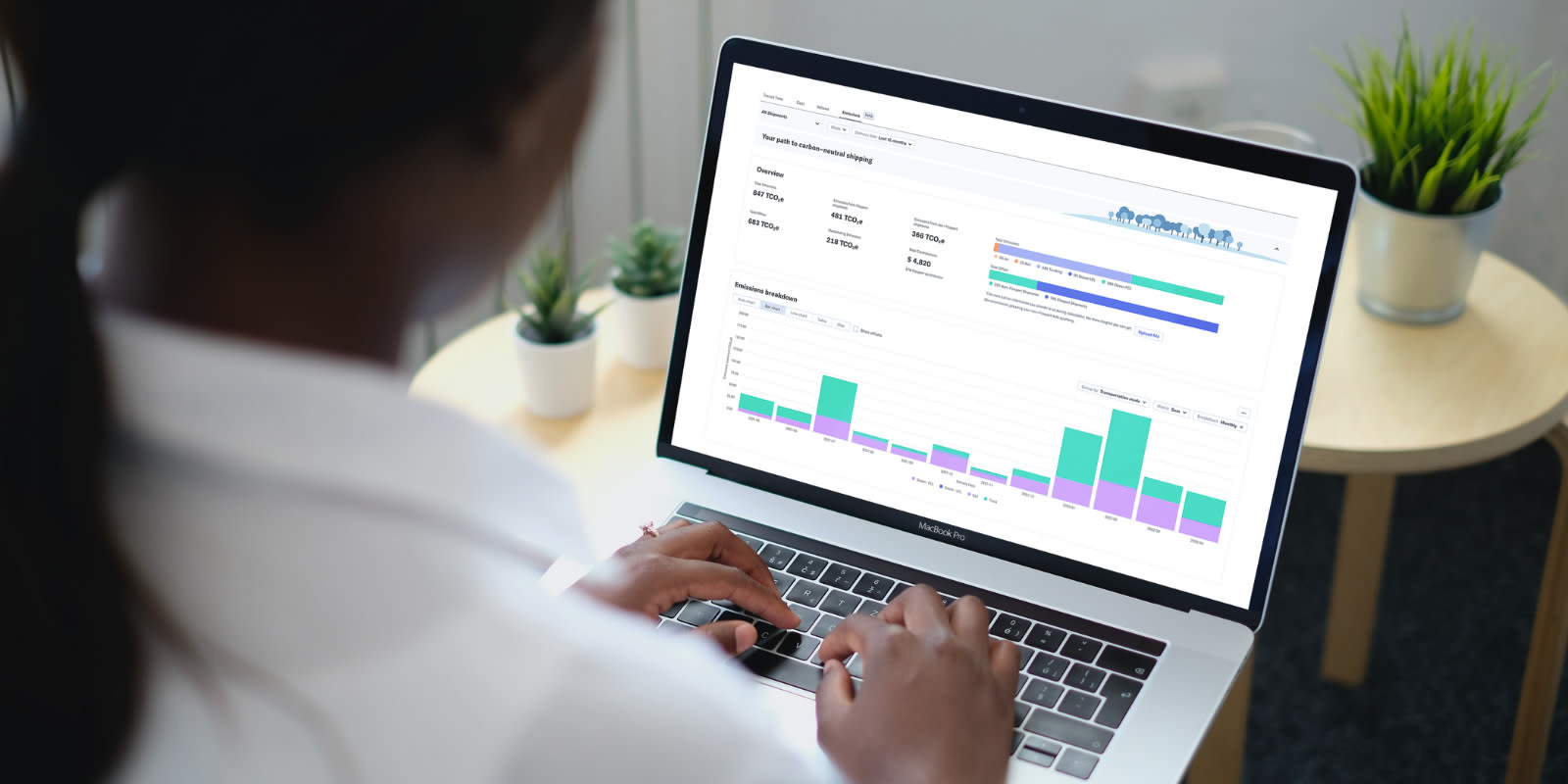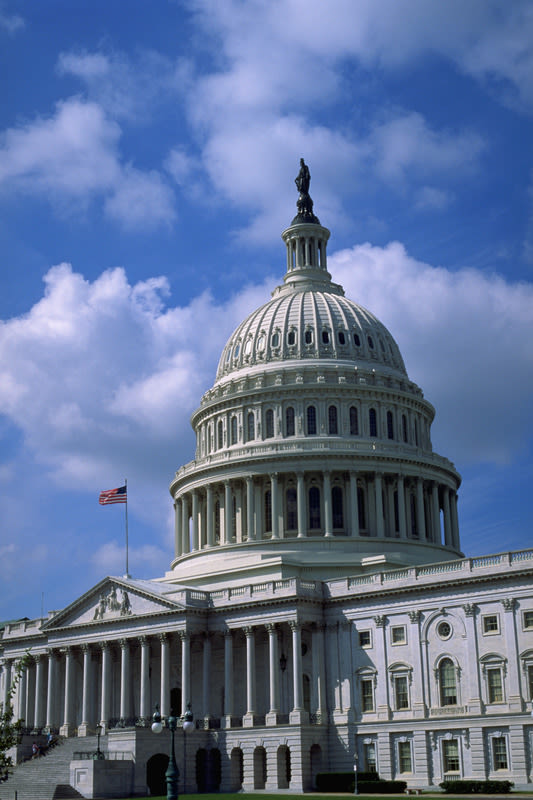
August 22, 2022
Enabling a Sustainable Future With Flexport’s Emissions Analytics
Tags:

August 22, 2022
Climate change, and finding green solutions for business operations, is only going to become a bigger priority for brands and governments with every passing year. However, being able to easily access the data needed to accurately calculate and report on carbon emissions has been a challenge for many companies pushing for more sustainable operations. With data coming in from multiple, often inconsistent sources, collecting the necessary information can be frustrating and time consuming. That’s why Flexport built Emissions Analytics!
Our powerful platform provides brands with the tools they need to easily view their carbon emissions, related offsets, and reduction efforts across their Flexport and non-Flexport shipments, all in one place. Flexport customers can access emissions data down to the shipment leg level—and also upload non-Flexport shipment data—to easily calculate their emissions footprint.
From within the same platform, users can access emissions data at the macro level with various filters and views to better understand their impact on the environment.
Emissions Analytics helps customers find the optimal mix of ocean, rail, air, and trucking to lower their carbon impact, and allows them to dig deeper by analyzing their emissions by destination, supplier, products, and more.
Customers can even make adjustments to their carbon offsets without leaving the Flexport Platform.

If you’re already a Flexport customer, check out the Emissions Analytics tool by clicking on the “Emissions” tab located in the Analytics section of the Flexport application.
Going Beyond Measuring Impact - Our Carbon Offsets Program
As demand for carbon offsets continues to rise, it is critical that companies ensure that they invest in the highest quality credits available today. As part of our ongoing commitment to helping our clients take meaningful actions to address the climate crisis, we recently partnered with Pachama for our Carbon Offset Program. Harnessing the latest advancements in satellite imagery, remote sensing and machine learning, Pachama measures the carbon stored in our forests and monitors forest growth over time.
By partnering with Pachama we bring an additional layer of precision and confidence to your investments in nature. With Pachama’s satellite technology, they evaluate projects across many of the most at-risk areas all over the world, constantly bringing Flexport and our customers the highest quality projects in a rapidly evolving market. Together, we can generate real impact.

Make a Positive Change. Go Carbon Neutral.
Whether you’re shipping with Flexport or not, you can measure and offset your transportation footprint directly via our platform. To learn more, please contact us at carbon@flexport.com, or click here to see how switching to Flexport can help you achieve your brand’s sustainability goals.
About the Author

August 22, 2022






